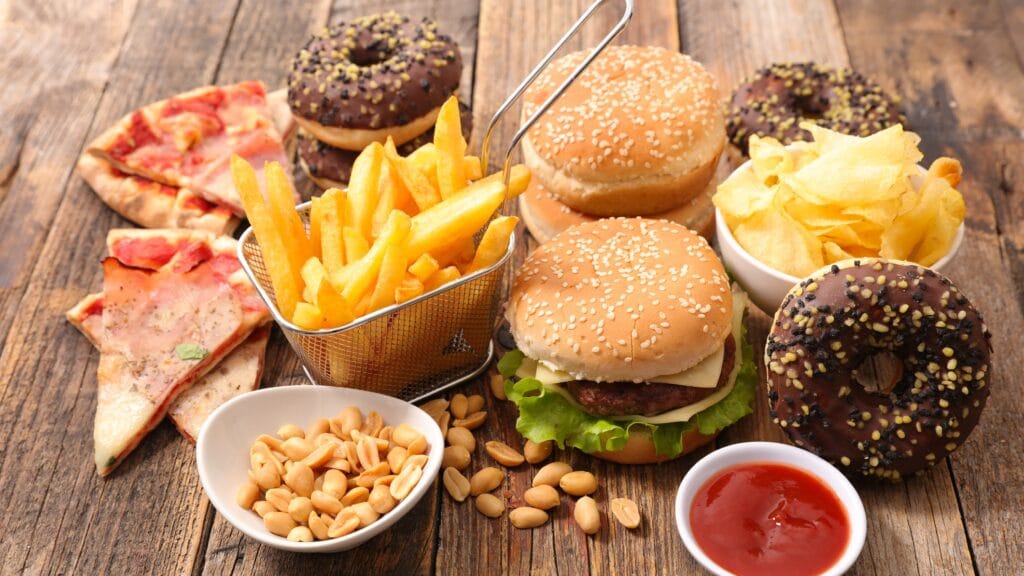Processed foods, commonly consumed in daily diets, may accelerate biological aging, a study by LUM University of Casamassima suggests. Unlike chronological age, which simply increases with each passing year, biological age reflects the health and condition of the body’s organs, tissues, and systems. The study found that a high intake of ultra-processed foods could speed up this biological clock, leading to premature aging. This connection between processed foods and accelerated aging is tied not just to poor nutritional quality but to the effects of these foods on bodily functions.
Ultra-processed foods, such as snacks with hydrogenated fats, maltodextrins, or hydrolyzed proteins, have been linked to negative health outcomes. These foods undergo intense industrial processing, which alters their nutrient content and removes beneficial fibers. Additionally, they are often high in sugars, salts, and unhealthy fats. The study’s researchers, analyzing data from 22,000 participants, found a clear association between these foods and accelerated biological aging. Consuming these foods regularly could lead to a biological age that surpasses one’s chronological age.
The mechanisms through which ultra-processed foods harm health are still not fully understood. Marialaura Bonaccio, a nutritional epidemiologist, points out that these foods not only lack essential nutrients but also disrupt physiological functions such as glucose metabolism and gut microbiota composition. The excessive processing also leads to a loss of nutrients, and these foods are often packaged in plastics, potentially exposing consumers to additional toxins. These combined factors contribute to negative health outcomes that may include faster aging.

The study calls for a rethinking of current dietary guidelines. Professor Licia Iacoviello advocates for updated recommendations that emphasize limiting the intake of ultra-processed foods. This would not only improve nutritional intake but also slow down the aging process. People are encouraged to opt for whole, fresh foods rather than processed alternatives. Simple actions like cooking at home, planning meals, and reading food labels can empower individuals to make healthier choices. Public health policies can also play a crucial role in shaping healthier eating habits on a larger scale.
To counteract the effects of ultra-processed foods, engaging with nature may provide benefits. Studies suggest that spending time in natural environments, such as parks, reduces stress and enhances mental well-being. Activities like hiking and gardening also support physical health by improving cardiovascular function and muscular strength.
In combination with reducing processed food intake, these natural experiences can help combat biological aging. Furthermore, education about nutrition and food choices, starting in schools, can prepare future generations to make healthier dietary decisions and reduce reliance on ultra-processed foods, promoting long-term health and well-being.
